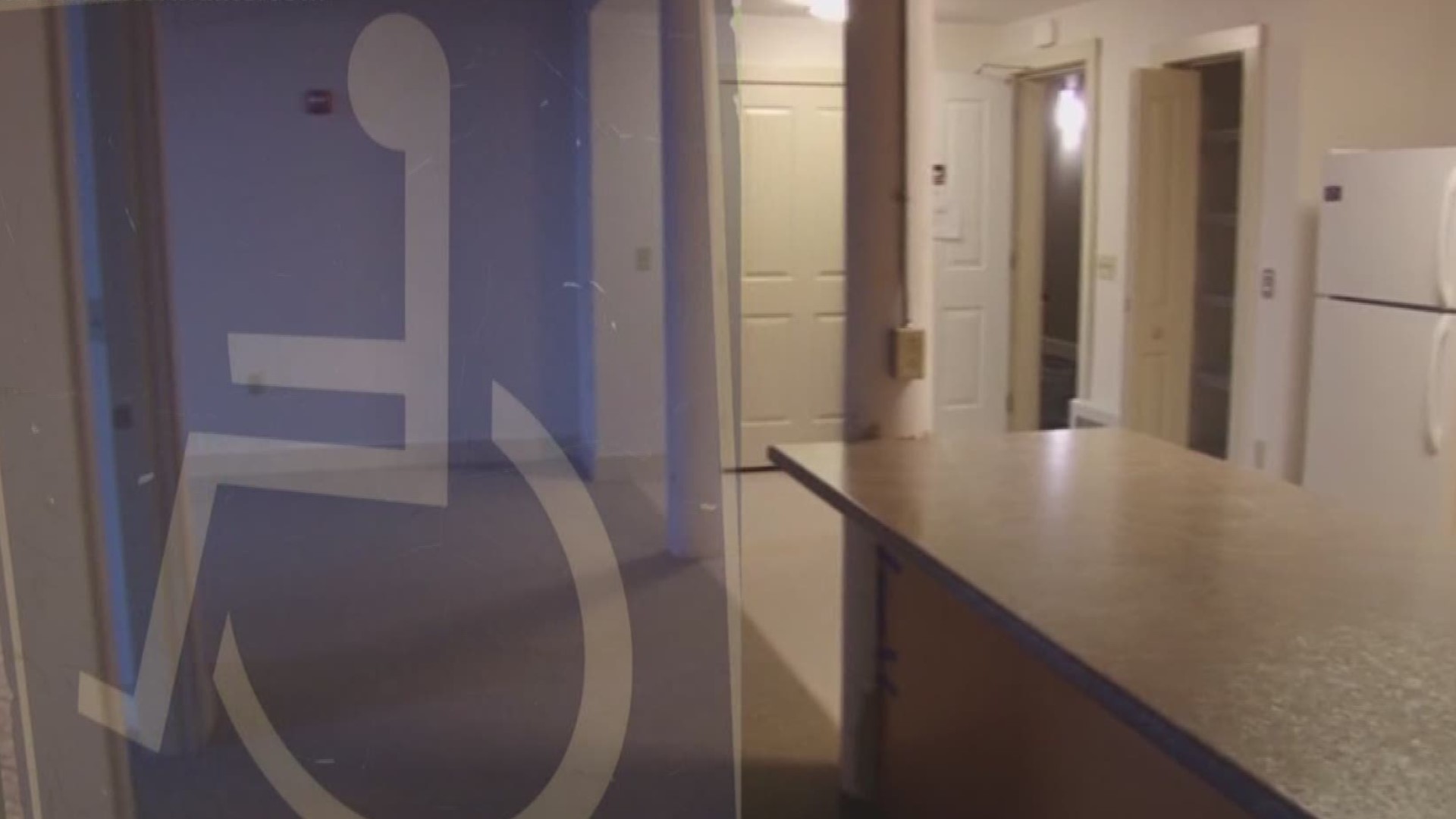(NEWS CENTER Maine) -- While a person's physical or mental disability is considered a "protected class," one that is safe from discrimination by landlords, a potential tenant could face questions relating to their disability when applying for an apartment.
If a tenant asks for a "reasonable accommodation," a special request outside of the usual housing policies, such as a ramp or live-in aide, a landlord can ask for proof of a connection between the request and the person's disability.
What landlords cannot ask for:
Details about a potential tenant's disability
Direct contact with a potential tenant's doctor
What landlords can ask for:
Proof of a connection between the special request and the person's disability from a doctor, if the tenant consents
The Maine Human Rights Commission outlines what landlords can and cannot ask for in more detail.
"How does that help with your disability? Why is it necessary for you to have that thing?" said Amy Sneirson, executive director of the Maine Human Rights Commission.
Sneirson said that there is a line at which the questioning goes too far, such as asking for the specifics of a person's disability, or demanding that the landlord speak directly with the medical provider.
"If a person with a disability at some point says I'm not willing to give you more, you have everything that you need -- then both parties are at a stalemate," said Sneirson. "The person with the disability, if they're denied housing, can file a complaint. At the same time, it's the housing provider's choice. It's a business. Their business choice is to say, 'we won't go any further with you unless you give us that information.'"
Sneirson said there are times when a person with a disability may have to share more information than they prefer, but how much a person may have to share is different in every circumstance.
She said the issue of a "live-in aide" comes up often. Housing providers need to verify that the aide truly does render services deemed necessary by a doctor. Sneirson said sometimes, people try to pass off family members as "aides" to split the cost of rent.
"Sometimes the housing provider will say, 'you haven't given me enough to tell if it's necessary. That's legitimate for the housing provider to say, 'you need to give me something from your doctor' that tells me you need a live-in provider.' I think for the person with a disability, they need to acknowledge that it's a reasonable request."
So long as a medical provider explains why that aide is needed, Sneirson said that typically constitutes proof.

